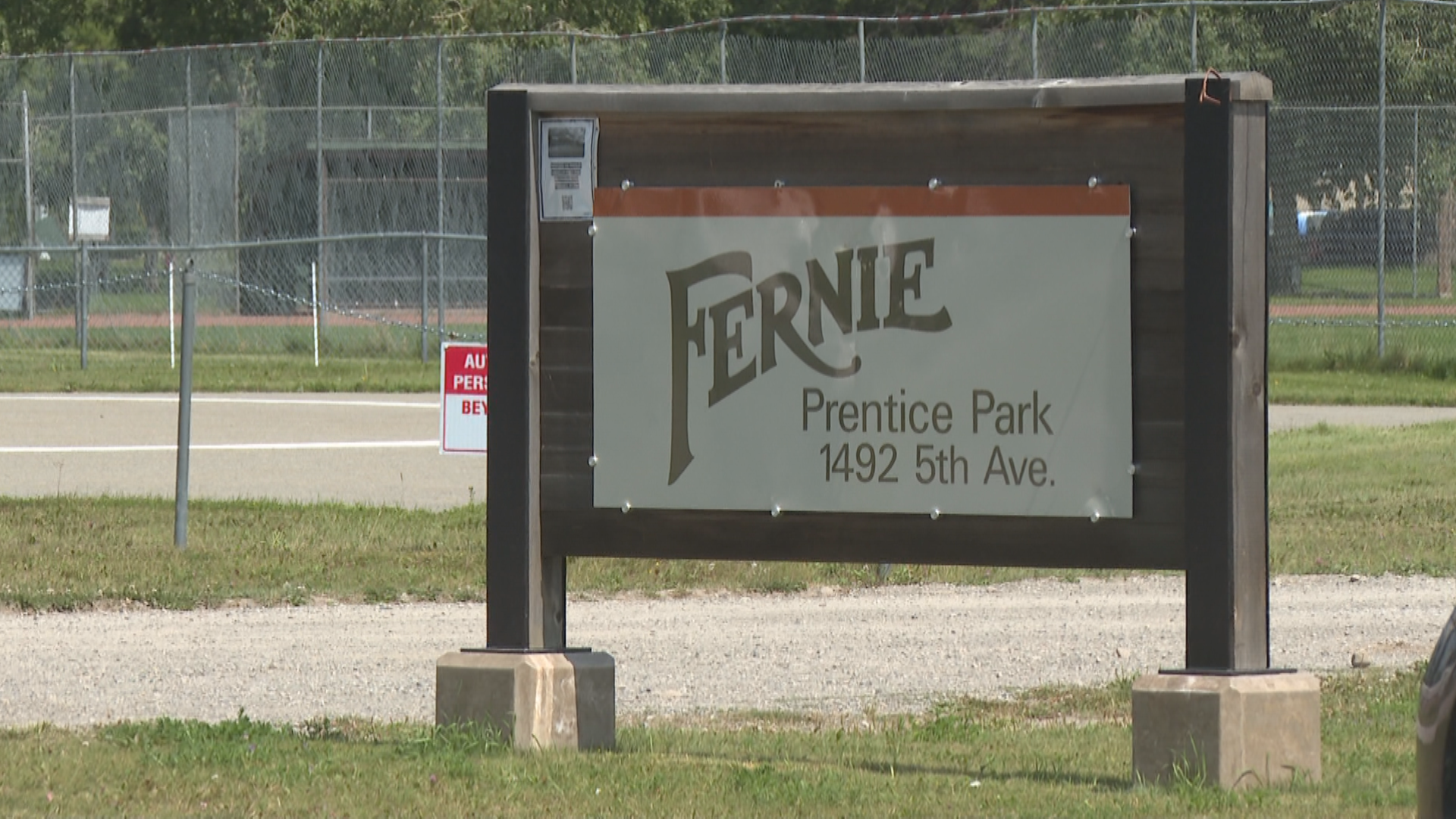The minister was addressing students at JAIN (deemed-tobe) university in Bengaluru.
“This public infrastructure gave the benefit to very, very minor users, micro level users, also without having to pay for it,†she said.
“So, small businesses which wanted to grow, which wanted to access markets beyond their village, are today reaching not just a neighbouring district or not just a stateâ€s capital but are accessing global markets.†The minister shared how, during one of her visits to Nagaland, she was pleasantly surprised to find that a small non-government organisation has got orders from the US to supply Christmas gift items. Technology must, however, be continuously updated so that its transformative changes for the common good donâ€t falter, she added.
Sitharaman said the government has adopted a prudent fiscal management policy and its philosophy has been to use taxpayers†money to create durable assets and give good governance to people. “I should account for every rupee that I collect so that it doesnâ€t get frittered away, so that common people benefit from the work that the government does.†The Centre has pruned its fiscal deficit from 9.2% of gross domestic product in the pandemic year of FY21 to 5.6% in FY24. It aims to contain the deficit at 4.9% this fiscal. It has also raised its capital spending by 17-39% annually since FY22, betting big on the elevated multiplier effect of such productive expenditure to spur growth.
The capital spending outlay of `11.11 lakh crore for FY25 marks a 17% increase from the previous year. In response to a query on how tough itâ€s for women to make their mark in a patriarchal system, Sitharaman conceded that women face a fair share of challenges. But the minister exhorted women not to use patriarchy as an excuse to cloak their deficiencies.









